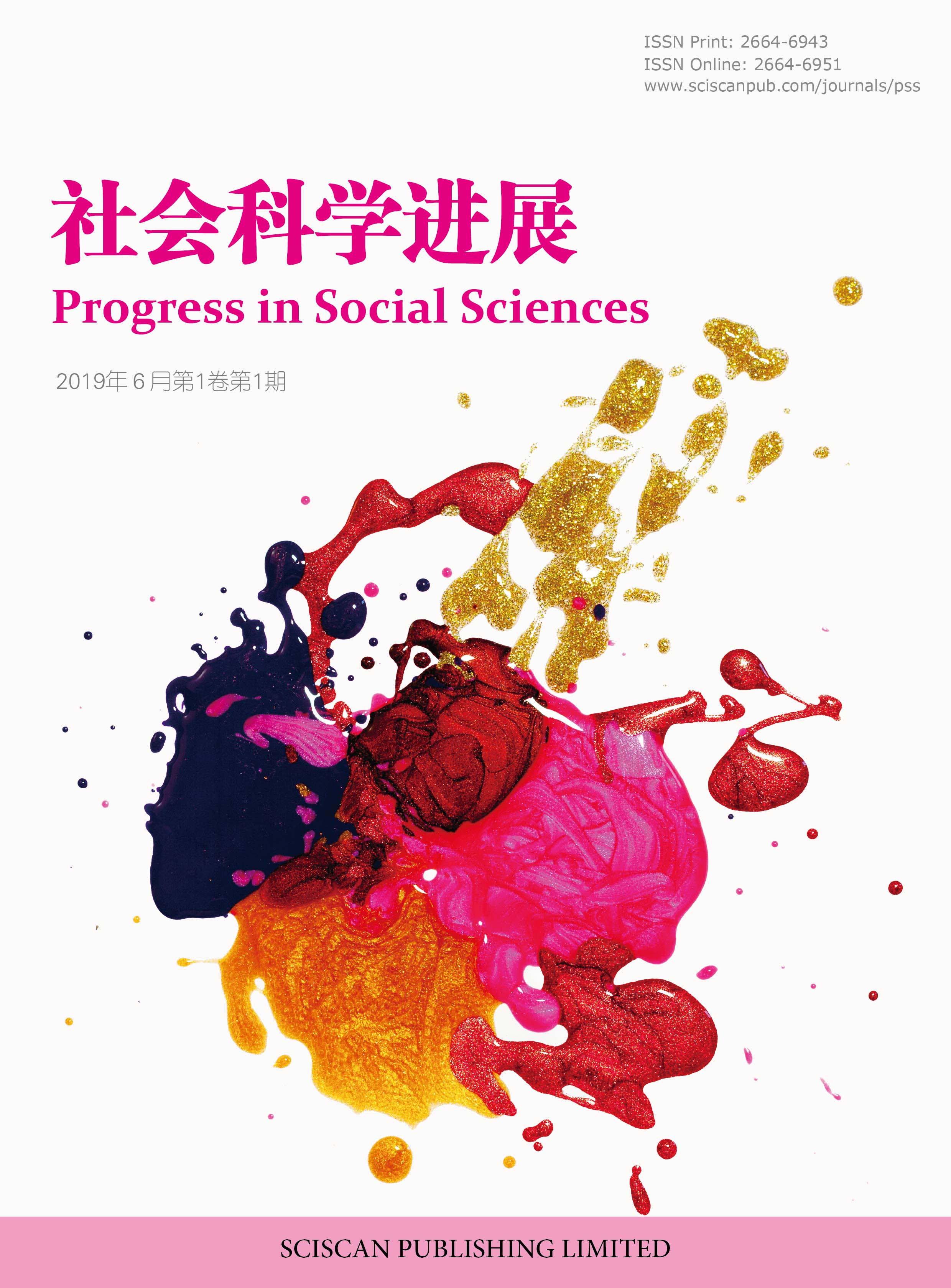Progress in Social Sciences
ISSN Print:2664-6943
ISSN Online:2664-6951
Contact Editorial Office
Subscribe to the latest published information from SCISCAN
多元文化共生视角下的日本推进日语教育发展的举措与启示
The Measures and Enlightenment of Japan to Promote the Development of Japanese Language Education from the Perspective of Multicultural Symbiosis
- Authors: 耿耀耀
-
Information:
北京外国语大学,北京日本学研究中心,北京
-
Keywords:
“Symbiotic Japanese”; “Plain Japanese”; Law of Japanese Language Education Promotion; Disadvantaged groups of language“共生日语”; “简明日语”; 《日语教育推进法》; 语言弱势群体
- Abstract: With the development of aging society and the deepening of internationalization, both China and Japan are facing various problems caused by their residents living together with the foreigners. The proposal of “Symbiotic Japanese” and “Concise Japanese”and the implementation of “Japanese Education Promotion Law” reflect Japan’s efforts to cope with the development of multicultural and multilingual symbiotic society and to make foreigners more secure and comfortable to live in Japan. This paper introduces the concept and implementation of “Symbiotic Japanese”, “Concise Japanese” and“Japanese Education Promotion Law”, and analyzes Japan’s attempts and efforts to accelerate the development of Japanese education, aiming to provide reference for promoting the process of teaching Chinese as a foreign language in China. 随着老龄化社会发展和国际化进程的不断深入,中国和日本均面临着 本国居民与外国人共同生活而引发的各种问题。“共生日语”和“简明日语” 倡议的提出以及《日语教育推进法》的实施,体现了日本为了应对多元文化多 语言共生社会的发展,为了让外国人更加安全感、更加舒适地在日本生活而做 出的努力。本文通过介绍“共生日语”“简明日语”和《日语教育推进法》这 三项举措的概念和实施情况,分析了日本加快推进日语教育发展所作的尝试和 努力,旨在为推进我国对外汉语教学进程提供参考。
- DOI: https://doi.org/10.35534/pss.0204017
- Cite: 耿耀耀.多元文化共生视角下的日本推进日语教育发展的举措与启示[J].社会科学进展, 2020,2(4):142-150.
















